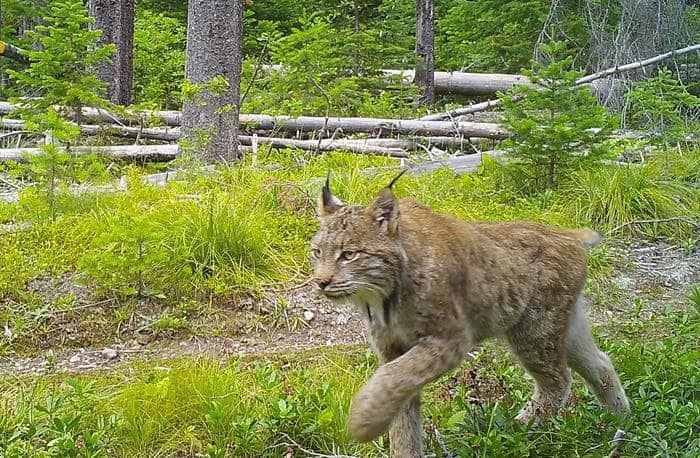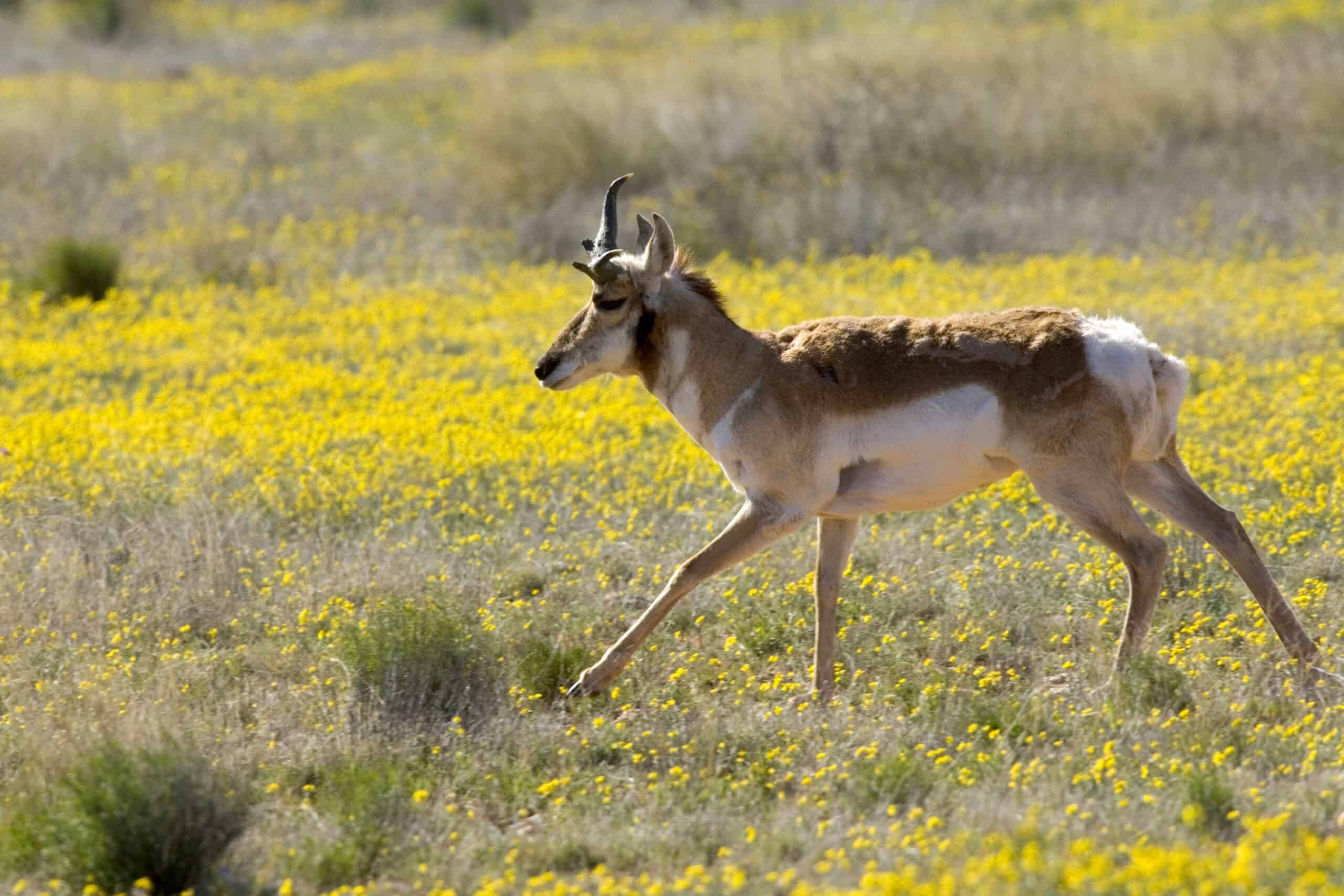Share this article
TWS supports funding for federal natural resource agencies
The Wildlife Society continued to engage in the Fiscal Year 2017 appropriations season by submitting written testimonies to Congress.
In the testimonies, the Society prioritized funding requests for USDOI and Department of Agriculture programs that impact wildlife professionals. Testimony on other USDA programs was submitted by TWS last week.
In this testimony, TWS highlighted several wildlife- and science-focused programs in the U.S. Fish and Wildlife Service, U.S. Forest Service, U.S. Geological Survey, and the Bureau of Land Management. TWS’ funding proposals were based on the president’s budget request, and the Society’s own assessment on funding needs to support the work of wildlife professionals in these agencies.
U.S. Fish and Wildlife Service
TWS supported the president’s budget request of $67 million for State and Tribal Wildlife Grants, the nation’s core program for preventing wildlife from becoming listed under the Endangered Species Act. TWS has been an active supporter of State and Tribal Wildlife Grants since the program was initiated in 2001. TWS members from across the country flew to Washington D.C. early this month as part of the Teaming With Wildlife annual fly-in to garner national support for this important conservation program.
As members of the Cooperative Alliance for Refuge Enhancement (CARE), TWS supported the president’s budget request for the National Wildlife Refuge System’s operation and maintenance accounts at $506.6 million. The Society also took the opportunity to urge Congress to support the U.S. Fish and Wildlife Resource Protection Act (H.R. 4558).
The written testimony also supported the agency’s funding-level requests for the North American Wetlands Conservation Act, Ecological Services Program and International Affairs Office.
U.S. Forest Service
Wildfire suppression funding remains a great concern for the U.S. Forest Service this appropriations season. Funding shortfalls for wildfire suppression has pushed funding for active forest-management to the backburner of Congressional and agency priorities.
TWS supported Congressional efforts to address funding challenges presented by wildfires through the Wildfire Disaster Funding Act (H.R. 167). This legislation would minimize the transfer of funds from wildlife and habitat management programs to fighting fires. The Society also supported the agency’s request of $140.5 million for Wildlife and Fisheries Habitat Management.
The Forest and Rangelands division of the agency supports the scientific capacity of the Forest Service, and is essential to improving forest and grassland health. TWS supported the agency’s request to fund the program, at minimum, $292 million in FY 2017.
U.S. Geological Survey
TWS supported USGS’ Ecosystem Department request of $174 million for FY 2017. The Society applauded the specific request of at least $18.2 million for the Cooperative Research Units (CRU). The CRU program has been perpetually underfunded in the past. Adequate funding for the program is necessary because CRUs support research and education for actionable science and provide the scientific capacity for state agencies on wildlife management activities.
TWS also recommended that Congress fund the National Climate Change and Wildlife Science Center – the agency’s arm for researching impacts of climate change on fish and wildlife – at $31 million, per the agency’s request.
Bureau of Land Management
In the testimony, TWS supported the BLM’s request of $80.1 million for Wild Horse and Burro Management. However, TWS expressed concern over the rate at which excess horses and burros are being removed from the range. TWS stated that the money should only be provided if the agency remove excess horses from the range at a sensible rate and focus additional resources on habitat restoration.
Despite the planned removal of approximately 2,000 wild horses and burros in FY 2016, the estimated on-range population is still more than double appropriate management levels. The president’s FY 2017 Budget Proposal plans for the removal of only 2,500 wild horses and burros from the range. However, due to the rate of population increase of 18-20 percent per year, the Society expressed concern that the rate of removal is not significant enough to address the detrimental impacts excess horses and burros have on the environment. TWS also called for the removal of appropriations language that restricts the BLM from pursuing some management options.
The National Horse and Burro Rangeland Management Coalition, which TWS currently chairs, also submitted testimony on BLM’s Wild Horse & Burro Program. The coalition is concerned by the lack of on-range management actions outlined in the president’s budget request.
TWS encourages member and chapter engagement with policy activities at the national, regional, and local levels through the Conservation Affairs Network. Members can learn how to take action on policy through the Policy Toolkit.
Header Image: ©Eric E. Johnson








